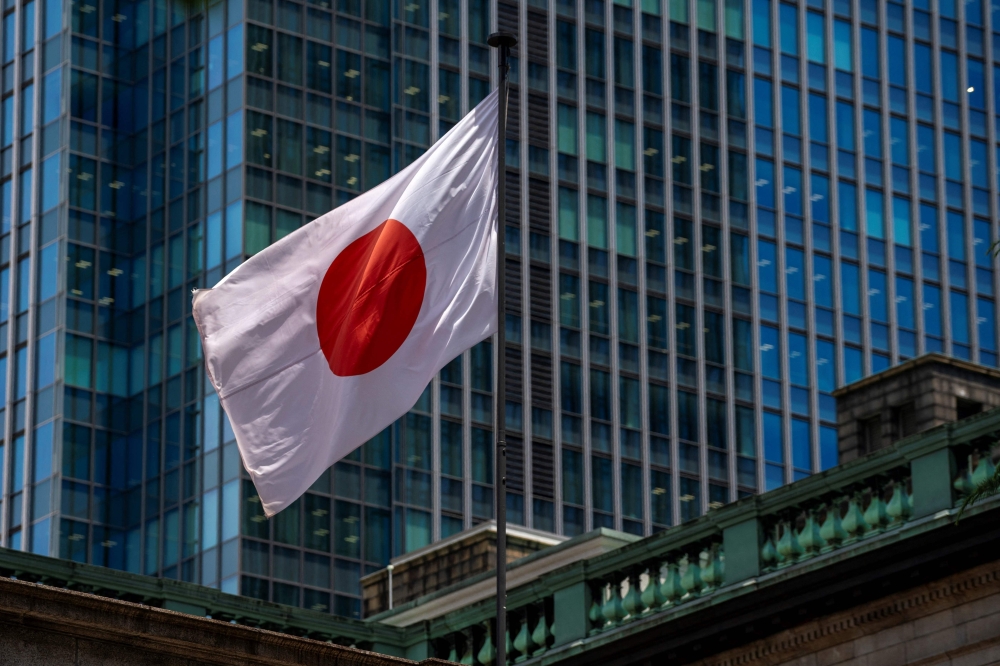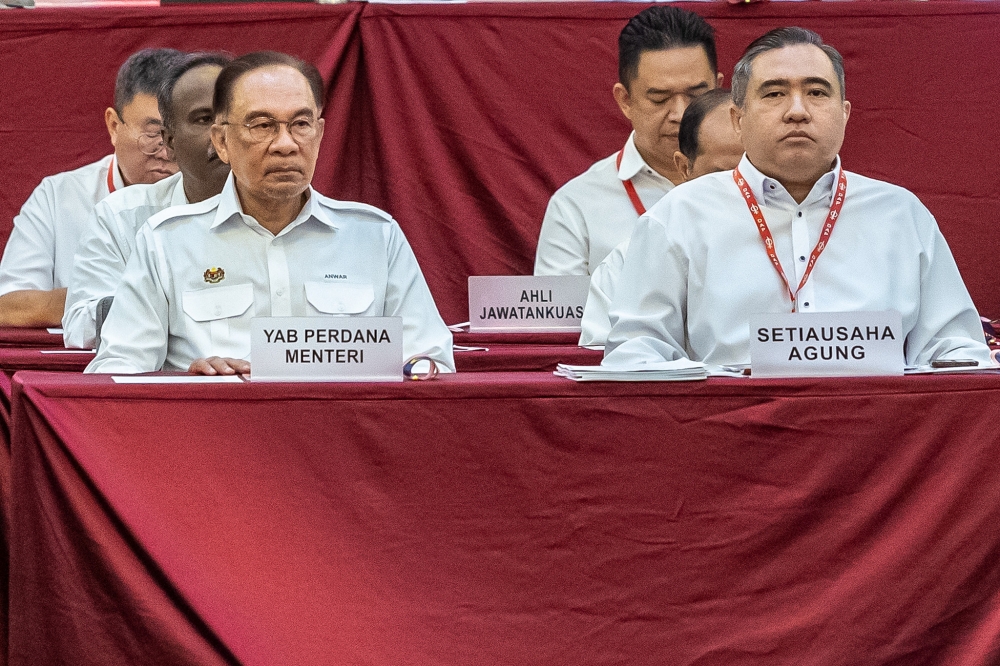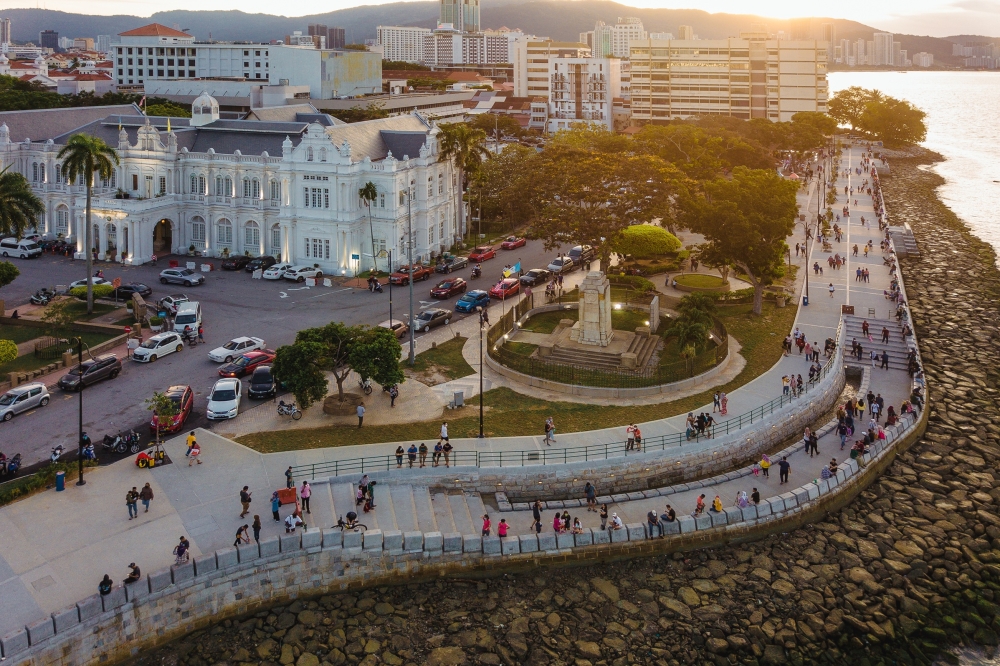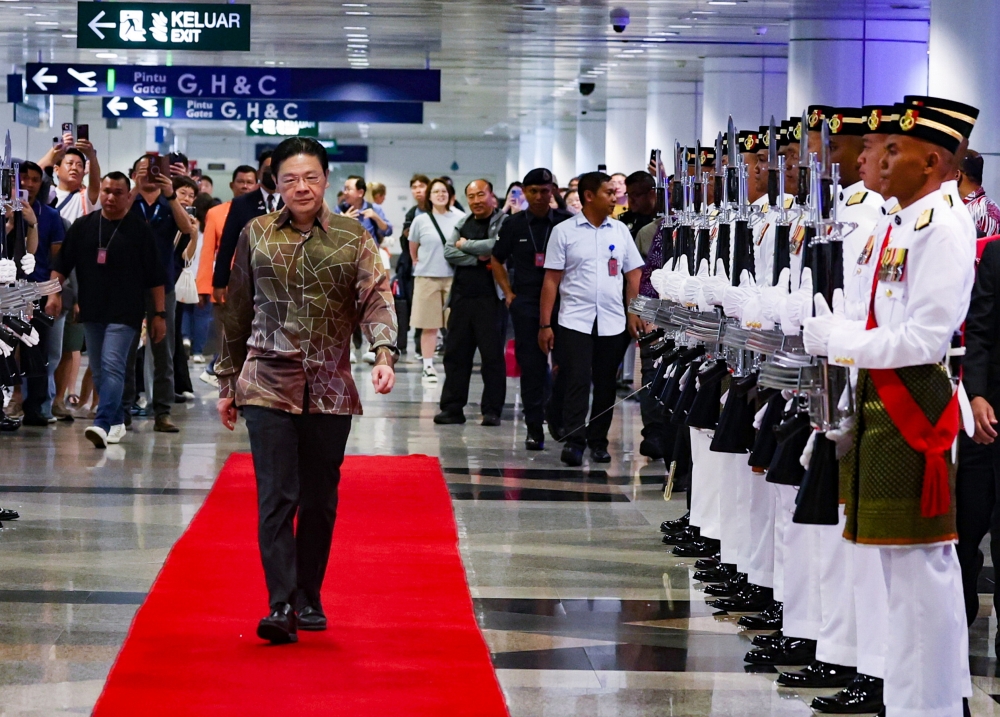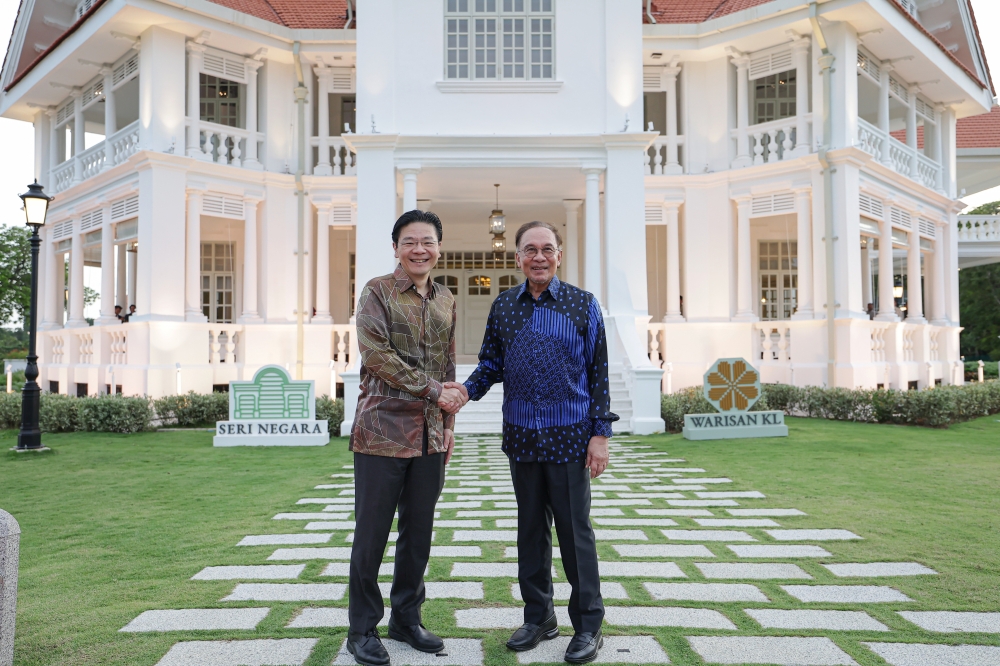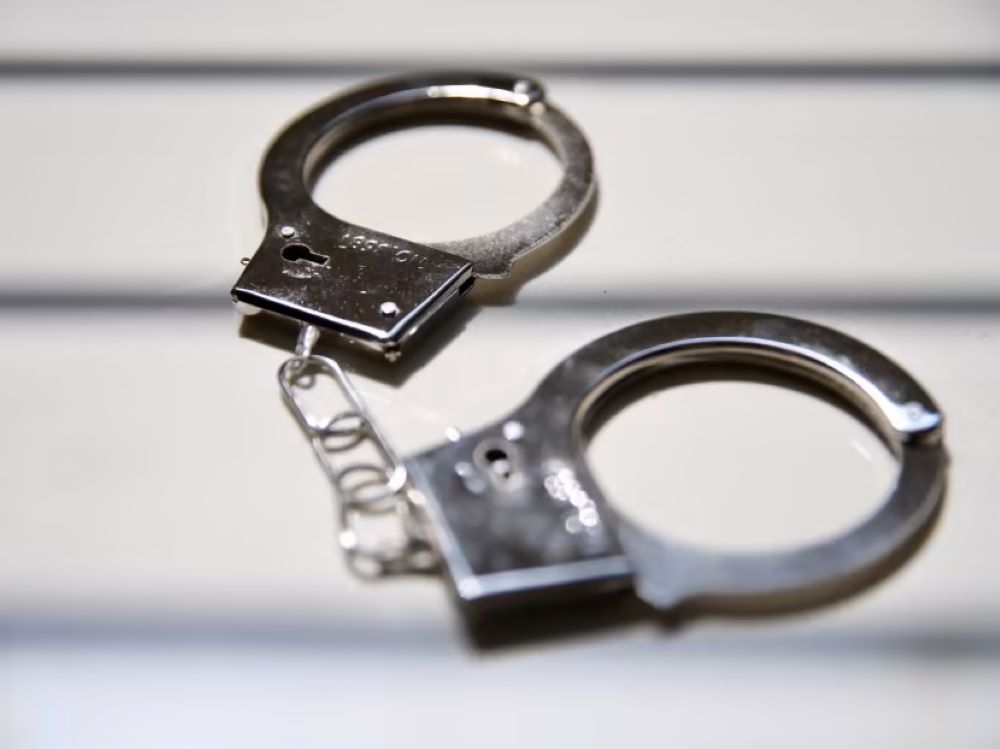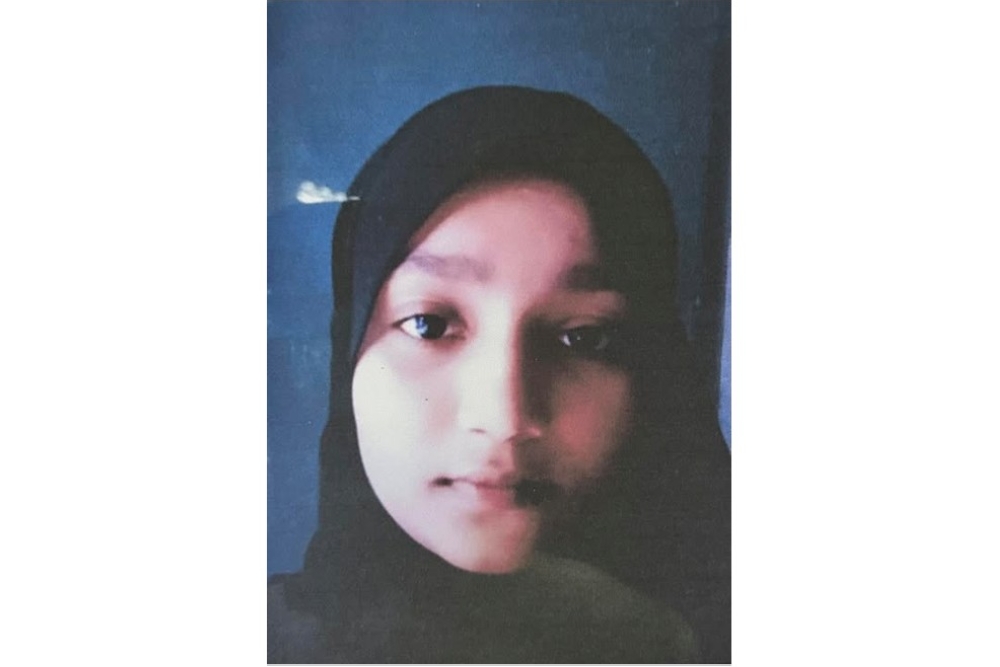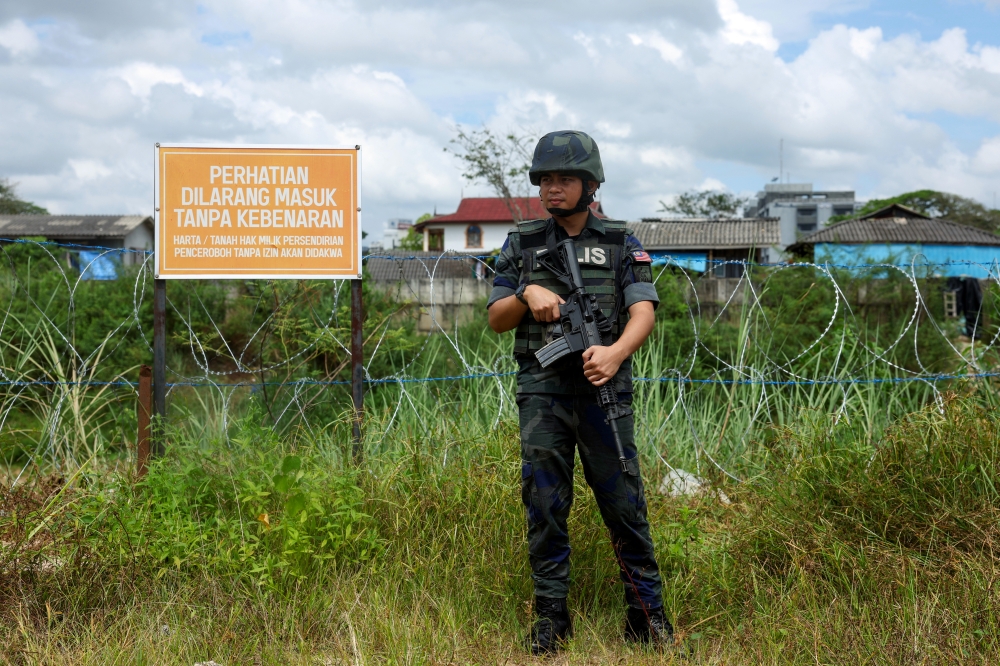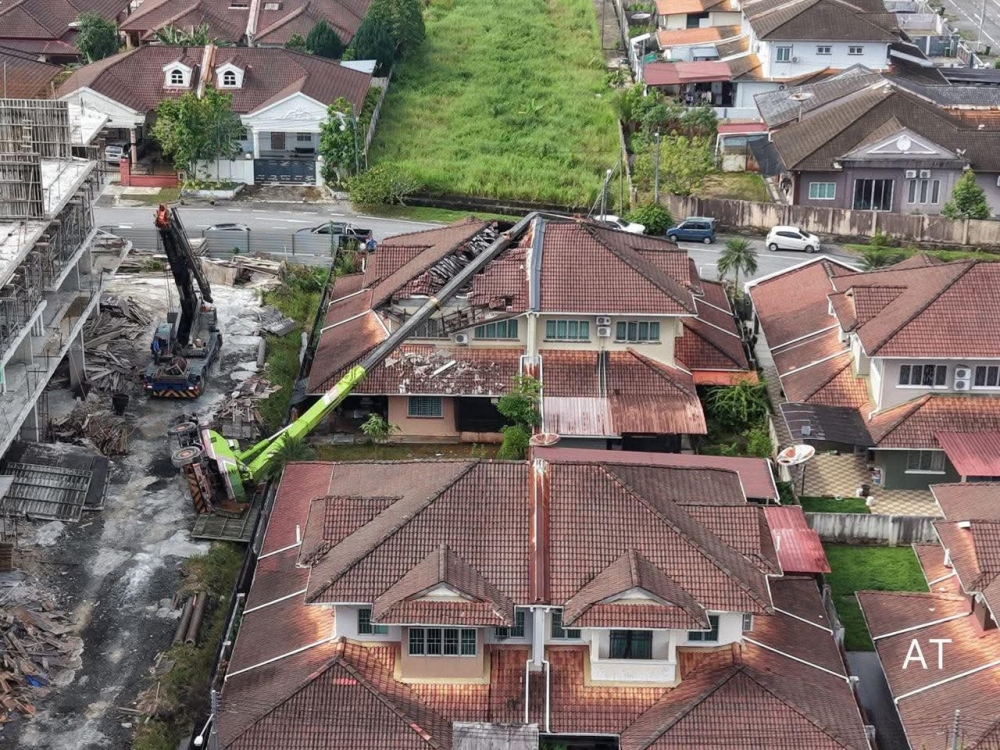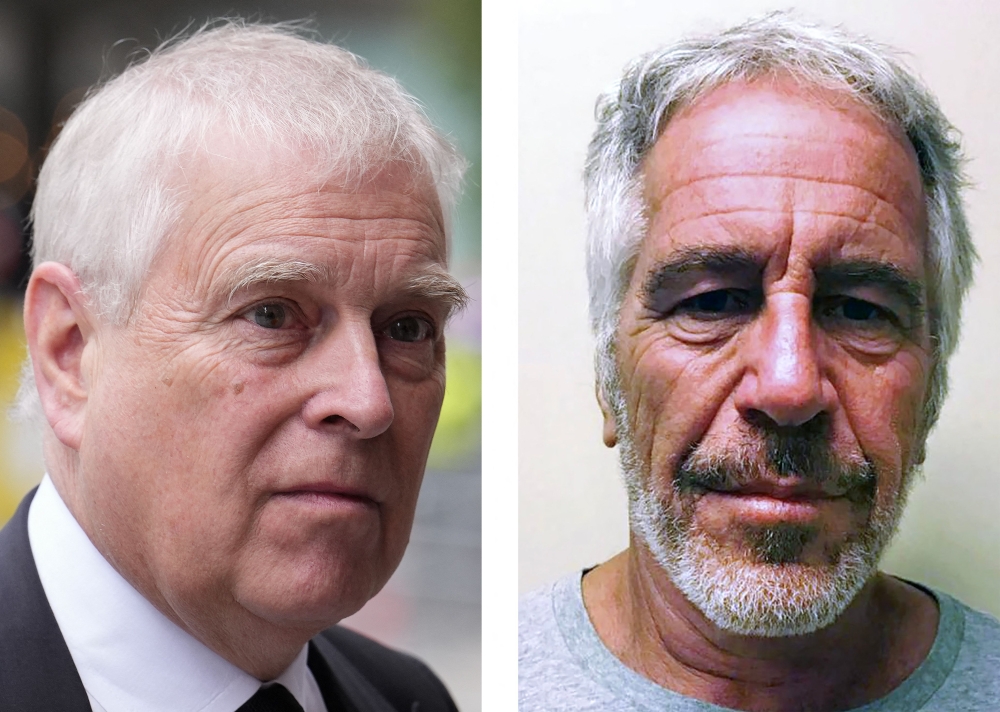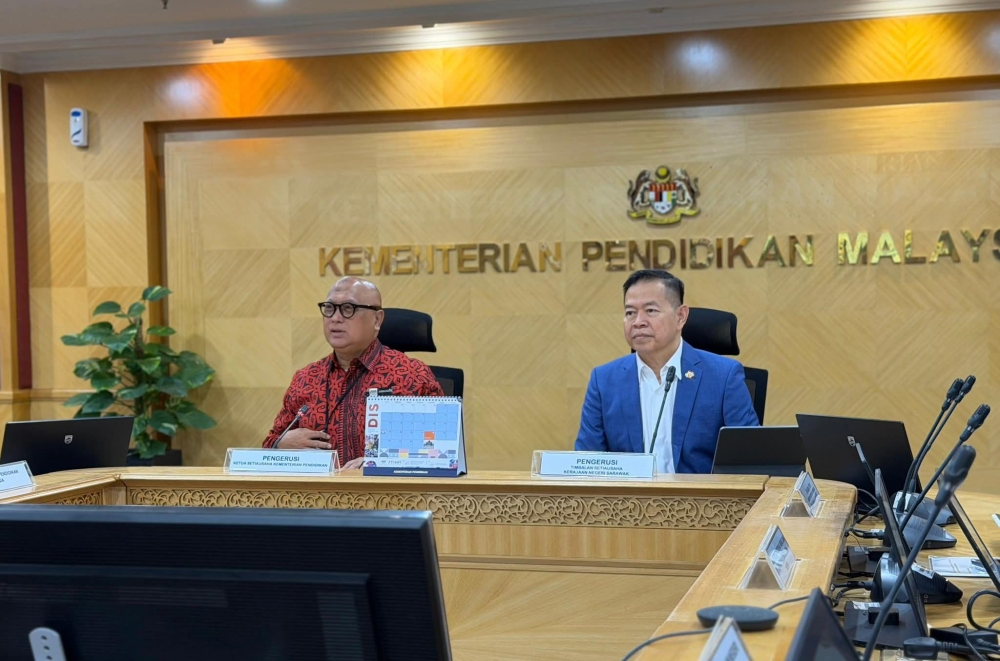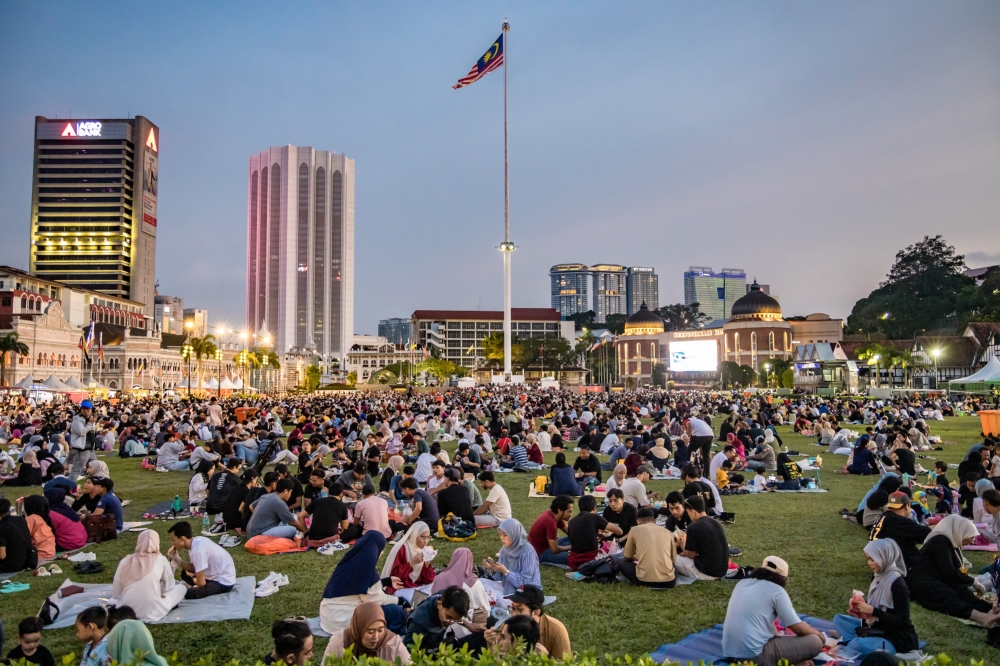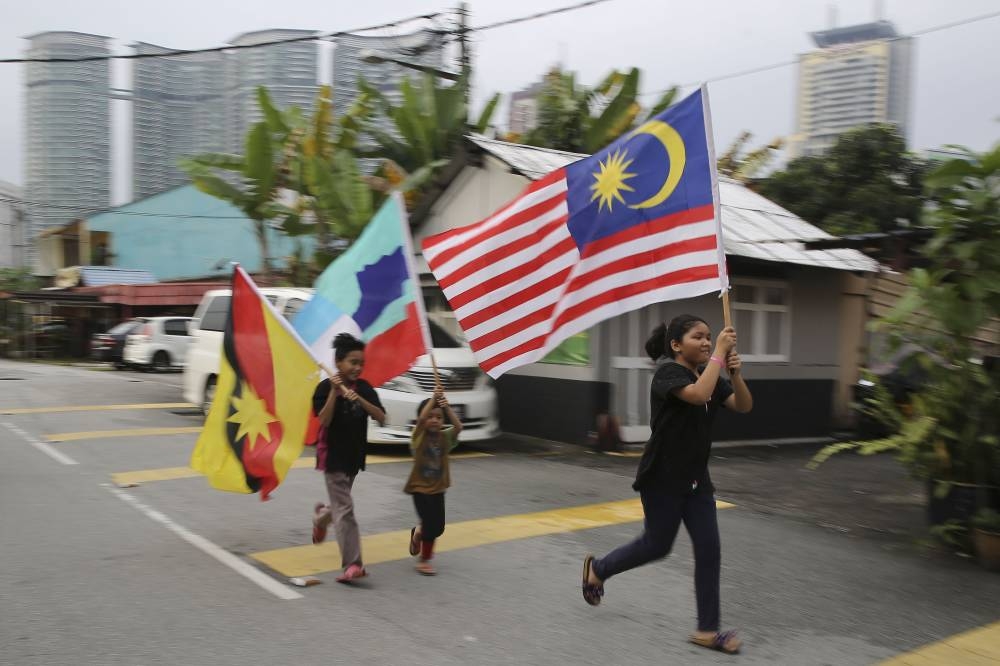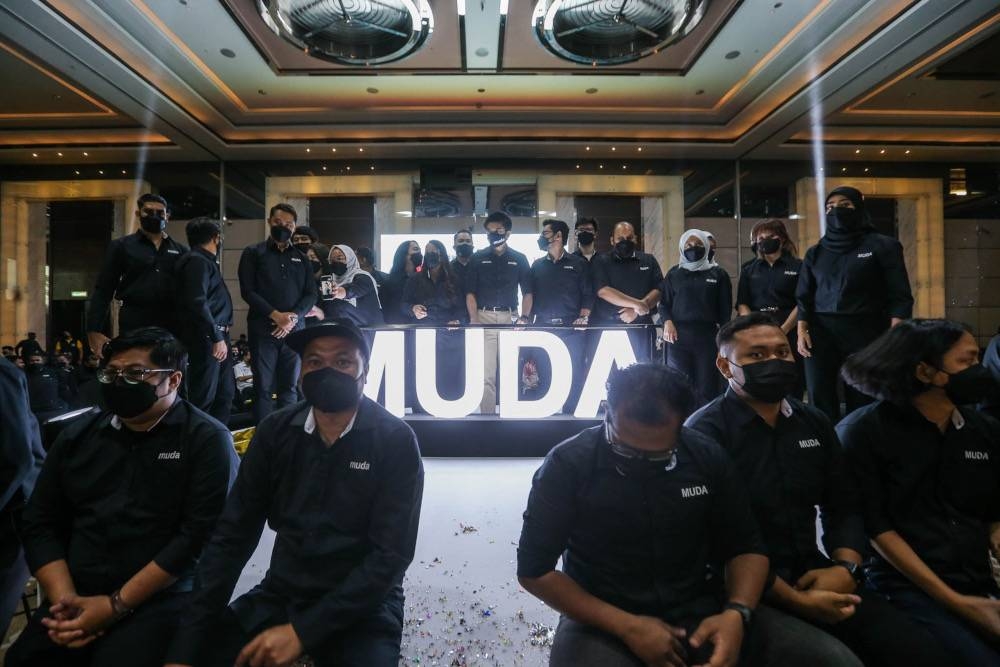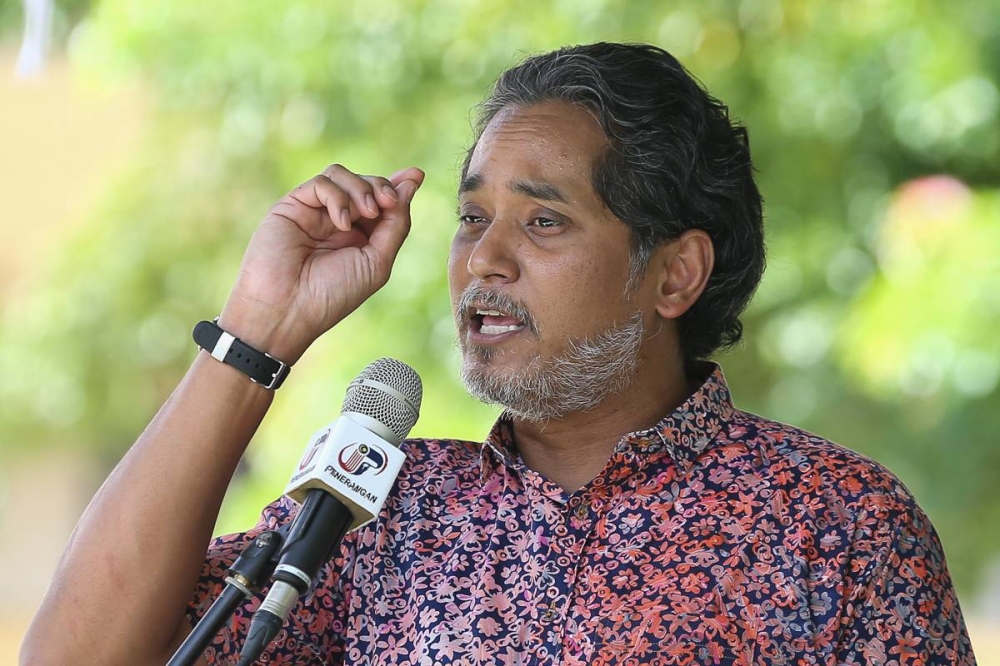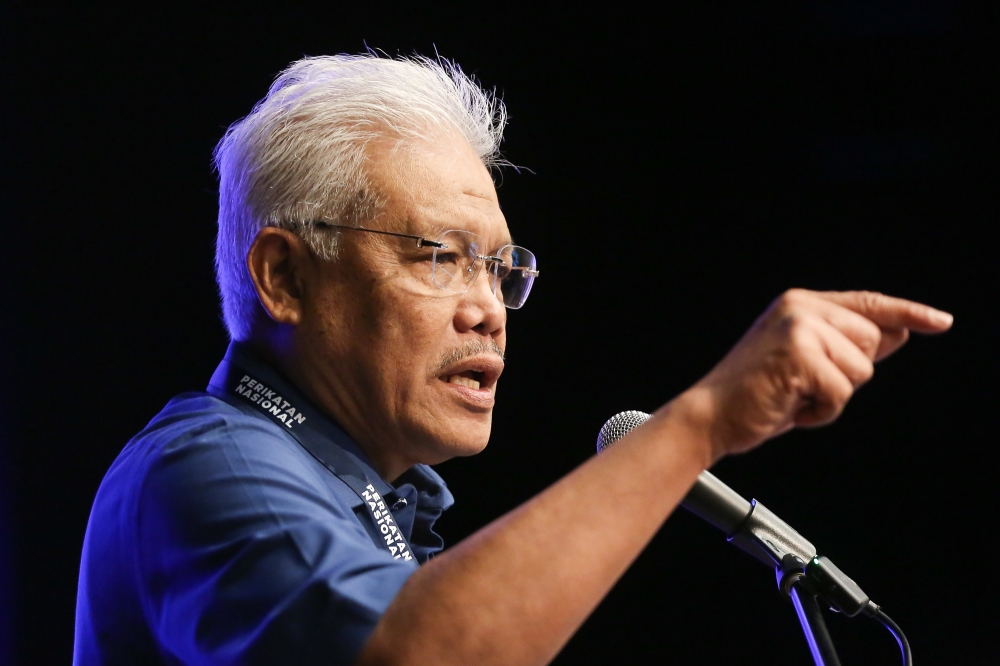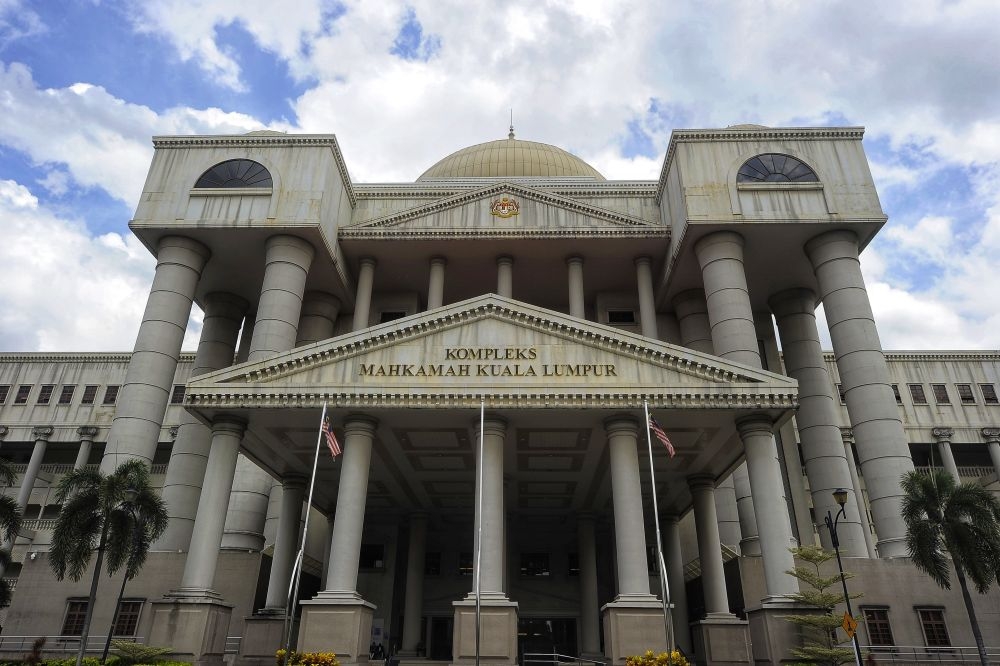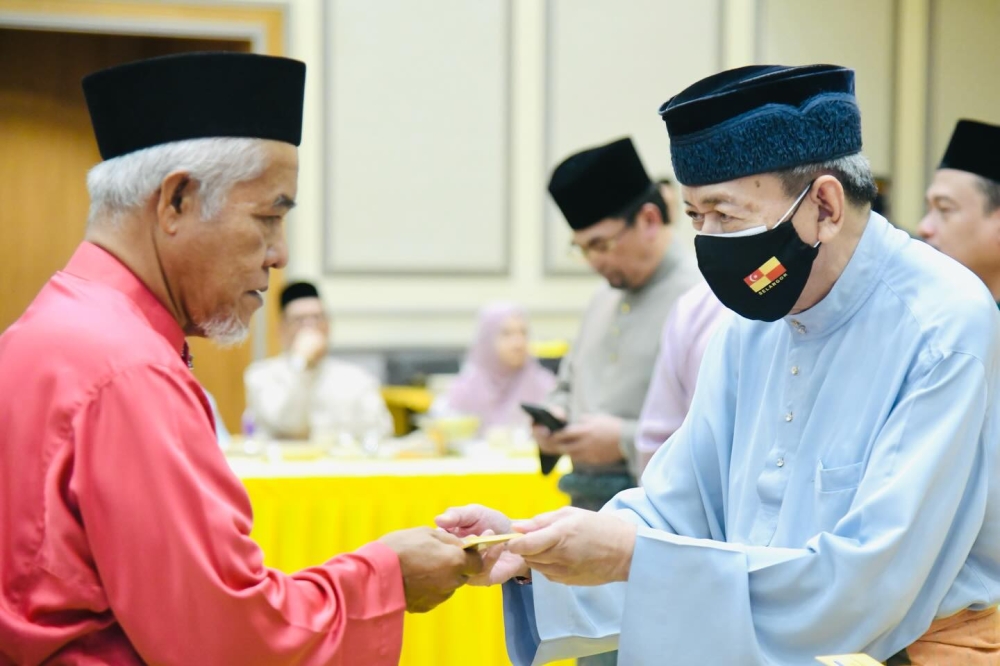SEPTEMBER 29 — It stinks to high heaven!
Usual discourses on democracy turn inevitably complex and are therefore naturally kept at arm’s length by democracy’s constituents.
Compounded, in this developed-ish country, by the fact it is universally despised.
Clogged is the rakyat’s ability to measure success or failure in order to prioritise where, what and how to up the nation’s game, as those who lead or aspire to lead misdirect better than pimps on Bukit Bintang.
The column desires to offer a more objective, common and relatable tool to tell. Toilets.
Evaluate the situation by walking into a public washroom.
Let’s dispense with the salutations and wipe the slate clean.
Set up for us all
In the tradition of William of Ockham and his razor, we embrace simplicity.
After almost 60 years clocked as Malaysia, what is the state of our toilet culture and leadership?
Private and residential toilets are exempt from this exposition.
Homeowners keep their toilets clean for their own sake, and to spare the blushes when visitors arrive. Condos and private residents apply pressure to their general committee as dirty lobby toilets reflect on them, and their personal standing. Hotels don’t survive if their loos do not match their self-declared stars and accommodation rates.
Which leads to the core consideration, all those that any regular person may end up outside class-contained spaces.
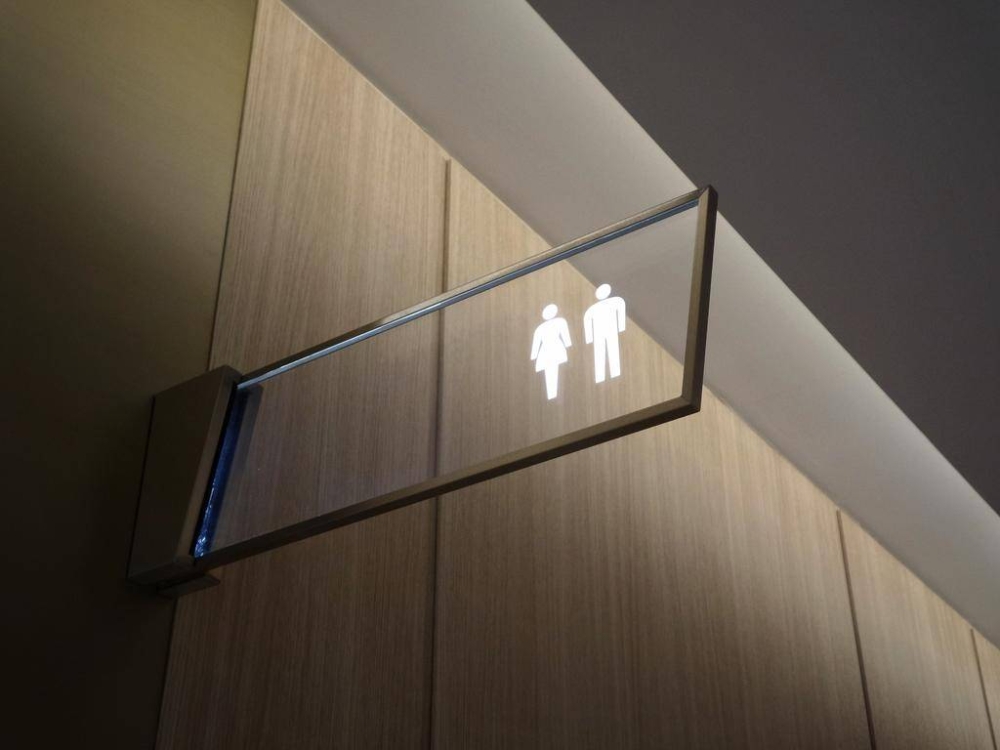
Government facilities — hospitals, schools, offices, parks, halls and public toilets — are in the spotlight. Along with the various shops and small commercial spaces which come under the supervision of local councils.
Then there are government associated areas, the transportation hubs, and my favourite, the MRT station toilets — our daily advertisement of our modernity.
Potty-training Index
Compare apples to sustain objectivity.
Ask pre-pandemic Malaysian travellers whether there are countries around the world that have worse toilets. Sure, they’d answer.
Rephrase. Weigh these countries based on their wealth and development, then rank countries. Where would Malaysia fall?
For what Malaysia portrays itself to be, or how it would like to be seen, our general toilet condition is deplorable.
In India’s Tamil Nadu, toilets are poor and defecations are common in open fields, alleys and roads. The open exhibitions aside, our toilets are not far ahead.
An ex-colleague with irritable bowel syndrome mapped out Kuala Lumpur based on lavatories, and when work takes him to a red zone, he’d break into a sweat and ask me to pray for him.
Tipped over long ago
This is not new. Malaysians do not expect clean toilets outside their homes.
The malady has carried on for decades and is now thoroughly institutionalised.
Rakyat walk into public toilets in anticipation of a range between terrible and barely tolerable. The latter produces a fist raised in celebration.
In my secondary school years, prefects kept me busy cleaning toilets, lending me industry training. The school’s colonial infrastructure outsized the education ministry’s allocations — inadequate cleaners, supervision, supplies, maintenance and replacement parts.
There were no great toilets, just worse ones. That was 30 years ago.
This in an old school in the city centre adjacent to the district education office. Went to it last week and the horror show continues.
This parade of Dante’s circles of hell continues with public universities.
They exemplify washroom contrast.
The administrators, led by the respective deputy vice-chancellor for development, spend a minor despot’s Swiss bank account to design and build infrastructures — convocation halls and administration cathedrals — and thereafter let the toilets smell up in record time. No cost is spared to get stylish faucets, sinks, bowls, water-hoses, tissue dispensers and hand-dryers; however they disintegrate quickly.
The campuses look great for photos but just don’t drink fluids in case that leads to bathroom trips.
Singapore
After separation, one of the most reported actions by independent Singapore was to improve toilets. The quantity, quality, toilet habits and care.
Malaysian media used to poke fun at Singapore’s toilet inspectors fining non-flushers, and supervisors who treat their facilities like critical government centres.
My stay at the Nanyang Technological University (NTU) as visiting debater when still at Universiti Kebangsaan Malaysia (UKM) in the mid-90s did knock into my head — despite all my cracks at overly orderly kiasu Singaporeans — the value of getting things right. My fellow Malaysians were dumbfounded that a campus managed by government employees could be better than squatter colony lavatories.
Countries are — this is a repeat — complex but using toilets to explain how a nation looks at itself and wants others to look at it, is a pretty awesome explainer of that nation’s qualities.
Speaking of traditions, institutionalised think and acceptance related to toilets, the public transport land journey between our two countries encapsulates the divide in practice and philosophy.
Pass through from the last Singapore MRT station edging closer to Woodlands Checkpoint and the causeway to Johor Bahru the toilet conditions degrade in stages till it's all Larkin Bus Terminal.
Us
The fact political leaders here do not campaign on toilets bewilder.
It is used by our people daily in their unerring passion to stay alive.
They dismiss the six odd million new voters automatically registered since January. They surmise, these people did not want to register, and now forcibly registered they’d not care to vote, or if they did vote randomly.
Perhaps it’s true, somewhat.
It does not matter to them, Parliament. They do not know what that is.
I bet my beat-up Proton Saga with wonky hazard lights they care about toilets. They care about them a lot.
The tragedy of Malaysian political leaders is that they figure the rakyat do not care for things rather than blame themselves for not caring for the things which matter to the rakyat.
Spend less time talking about who has gone to jail and now set to follow and whether the jail cell has Wifi. Or whether preaching more moral righteousness will draw the votes in droves from a TikTok generation.
Instead, try this.
Tell them businesses must spend three percent of revenue on toilet care and get passed by independent assessors or risk closure, and an odd million from that six would listen more to you.
It's not too late to kickstart the toilet evangelism.
It’s almost like we do not expect more from ourselves. Eateries, restaurants and food courts in the majority have poorly cared for toilets because it is what they think is enough.
We tend to rendezvous with enough rather than best.
Time for the dismount.
Nothing screams we do not care about our toilets than our MRT toilets. I say this because I am sick and tired of having to put up with Third World facilities in the state of the art and almost the most expensive mass rapid transportation in the world.
In particular, the one set to serve the second tallest building in the world, Warisan 118. The Merdeka Station loo has urinals covered indefinitely by garbage bags and a water hose with faulty washer, so it drips on 24-7 — the spray head long gone. The matter is not that they go into disrepair, because parts do wear out, it is that no one cares much when they do.
And the word Merdeka attached to it. A fancy mural near the turnstiles to celebrate our independence, our sense of nation and remind us again it is Merdeka, our Merdeka.
Was there ever a simpler way to point out that we have our priorities flushed down the toilet, except in this case the unit does not flush?
* This is the personal opinion of the columnist.


